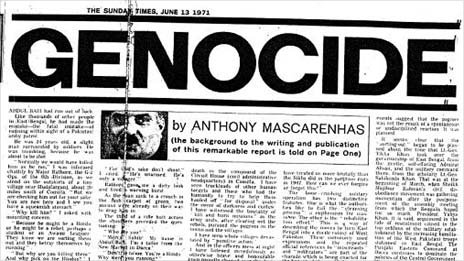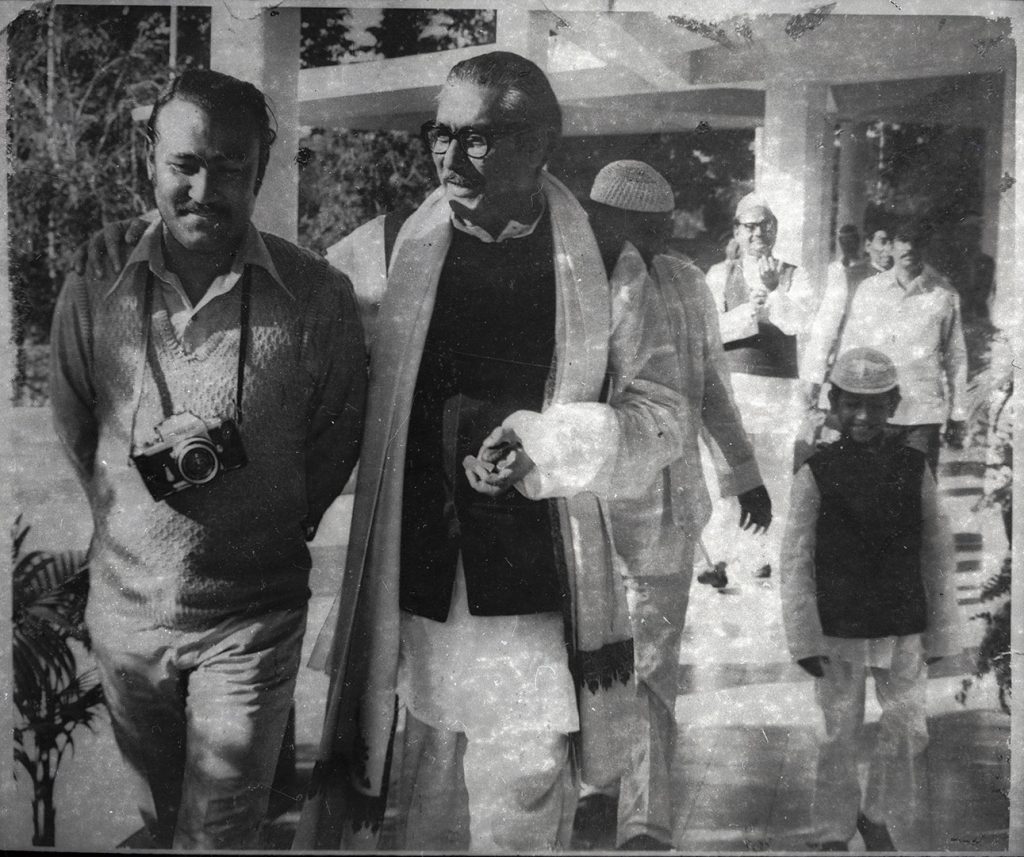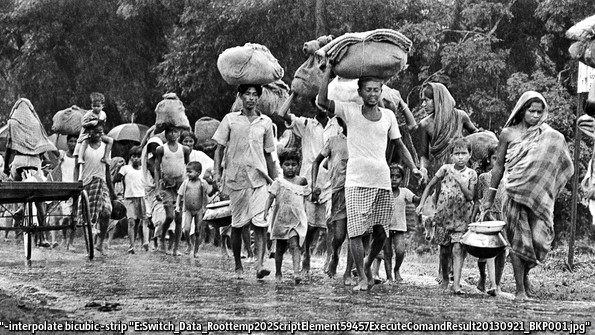

On 13 June 1971, an article in the UK’s Sunday Times exposed the brutality of Pakistan’s suppression of the Bangladeshi uprising. It forced the reporter’s family into hiding and changed history.
Abdul Bari had run out of luck. Like thousands of other people in East Bengal, he had made the mistake – the fatal mistake – of running within sight of a Pakistani patrol. He was 24 years old, a slight man surrounded by soldiers. He was trembling because he was about to be shot.
So starts one of the most influential pieces of South Asian journalism of the past half century.
Written by Anthony Mascarenhas, a Pakistani reporter, and printed in the UK’s Sunday Times, it exposed for the first time the scale of the Pakistan army’s brutal campaign to suppress its breakaway eastern province in 1971.
Nobody knows exactly how many people were killed, but certainly a huge number of people lost their lives. Independent researchers think that between 300,000 and 500,000 died. The Bangladesh government puts the figure at three million.




